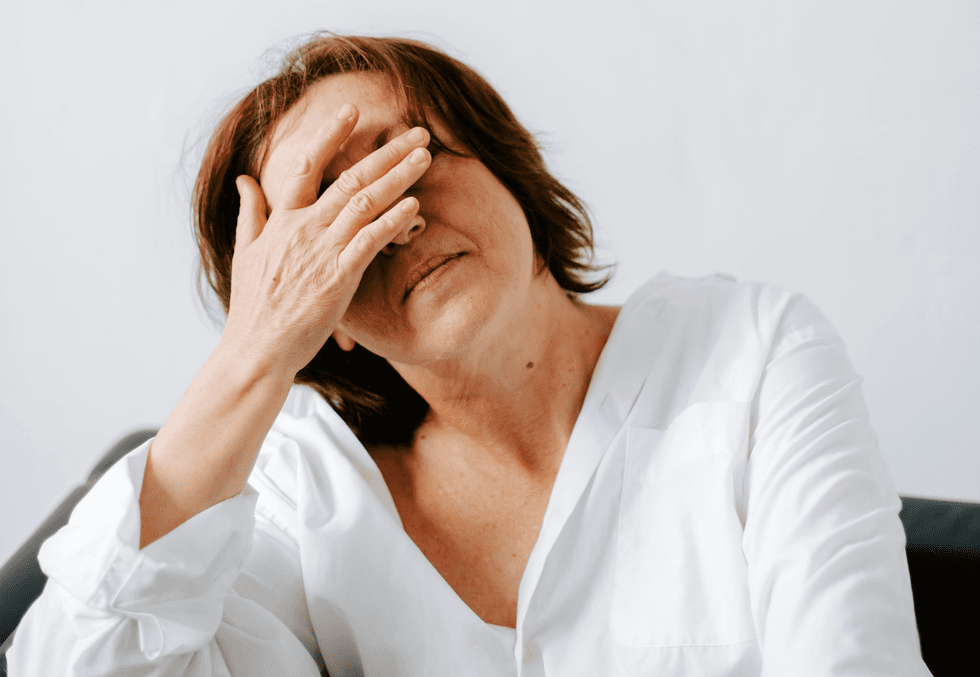Quick version
Women generally have lower creatine levels than men. This is due to lower dietary intake, different muscle mass and hormonal differences. After menopause, muscle mass and bone density are lost, making creatine supplementation particularly relevant to counteract sarcopenia and support physical function.
Hormonal changes and brain function
Many women in menopausal age experience memory problems, difficulty concentrating and mood swings. Studies show that a creatine supplement can strengthen the energy balance in the frontal lobe of the brain, potentially alleviating so-called "brain fog" and cognitive impairment.
The risk of depression increases in peri-, menopausal and postmenopausal women, partly due to hormonal changes. Creatine has been shown to enhance the effect of antidepressant treatments and improve mood in women. There is also evidence that creatine may help improve sleep and reduce anxiety, although more studies are needed.
Physical and cognitive benefits
In addition to all the positive aspects that creatine provides to the brain, it also benefits physical health. The combination of creatine and strength training has been shown to improve muscle strength and bone density in postmenopausal women, which in turn can contribute to an active lifestyle and good quality of life.

























